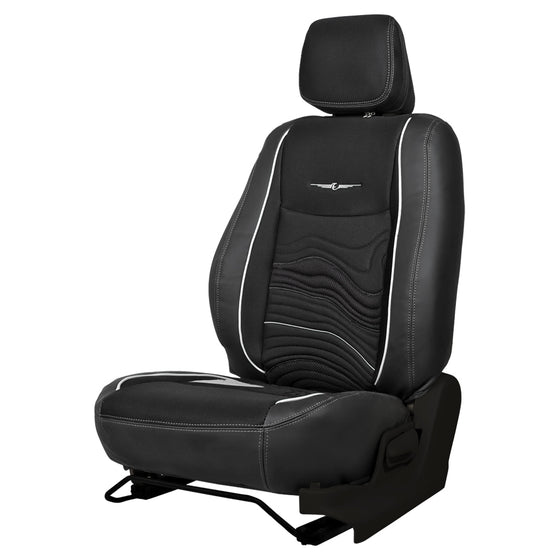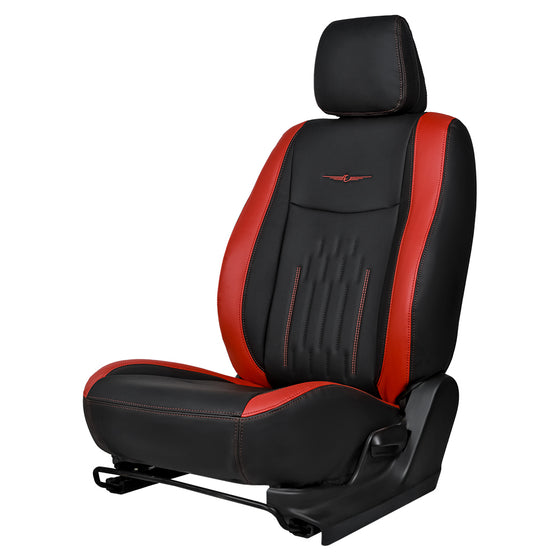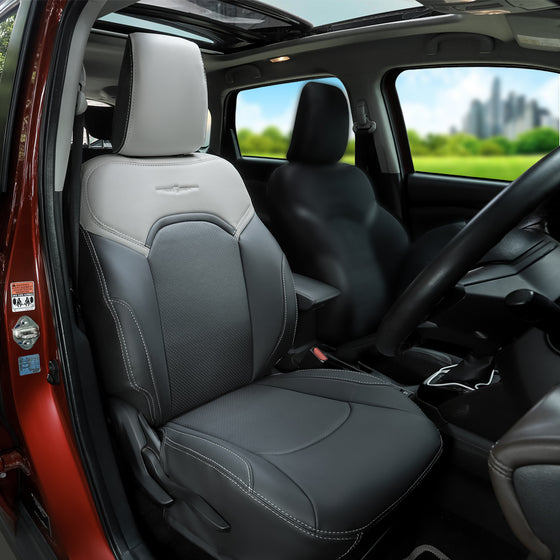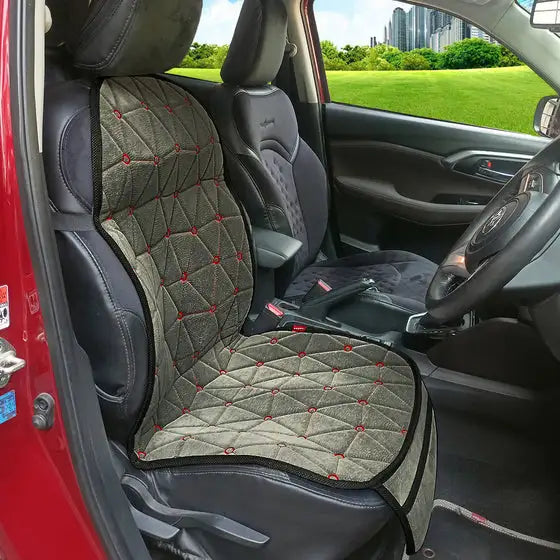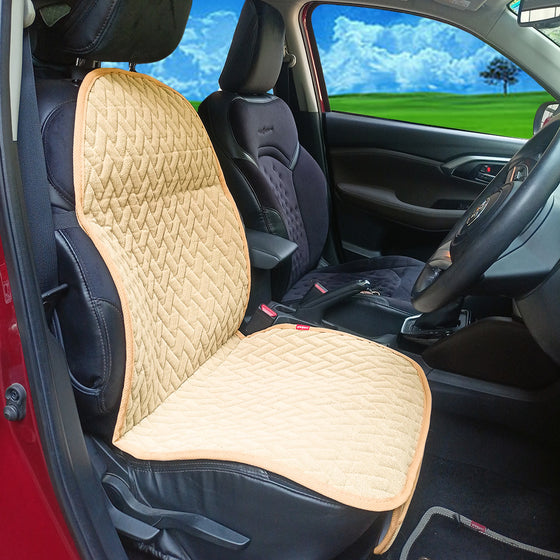Car Maintenance Tips for Winter
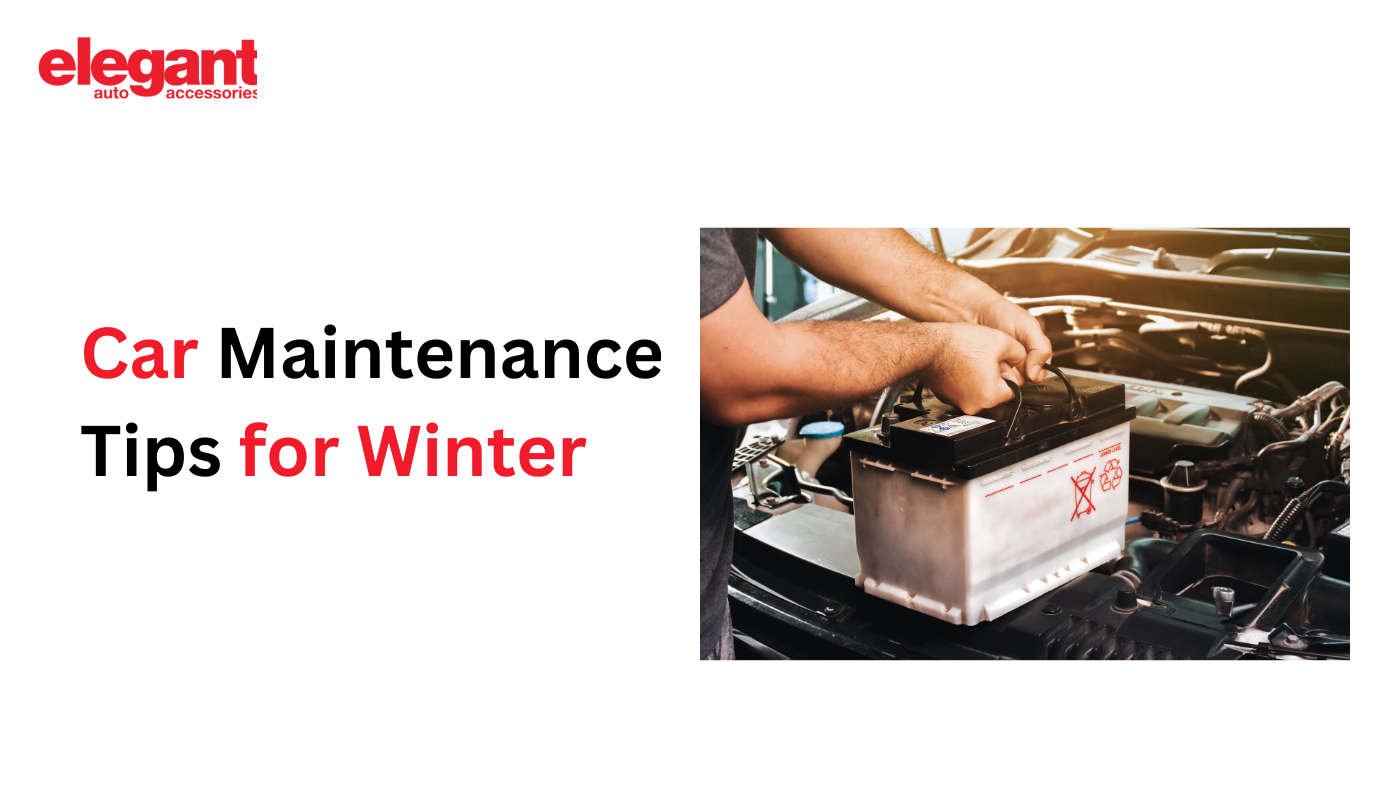
Winter is coming; with it, the chill makes us pull on our thick coats and search for our warmest gloves. As we prepare to brave the frost and snow, there's one more thing that needs our attention — our beloved car. We depend on it daily to get us through freezing mornings, icy roads, and snow-covered driveways. But just like us, our cars need special care and attention as winter rolls in.
Picture this: It’s the season's first snowstorm, and you’re headed out to work. The roads are slick, the air is biting, and you turn the key to start your car. only to hear that dreaded click, click, click instead of the smooth hum of the engine. Or perhaps you’re driving along, and suddenly the windshield wipers are unable to clear the ice fast enough, leaving you with poor visibility. These are just a few examples of how winter can turn a perfectly good car into a frustrating problem on wheels. But don’t worry! With just a little proactive car maintenance, you can prevent these winter woes and keep your vehicle running smoothly throughout the colder months.
Below are some essential car maintenance tips that will stays reliable, safe, and ready for anything the winter throws your way your car.
1. Get Your Battery Ready for the Cold

Winter’s chilly temperatures can be brutal on your car's battery. In cold weather, batteries lose power more quickly, and an older battery can leave you stranded when you need it the most. If your car’s battery is weak or old, it’s a good idea to get it checked before the first big freeze hits.
Tip: Head to your local mechanic or auto store to have your battery tested.
2. Check Your Tires – The Only Thing Between You and the Road
When snow and ice take over the roads, your tires are the only things that keep you from sliding around or losing control. Cold temperatures cause tire pressure to drop, and under-inflated tires can affect your traction and fuel efficiency.
Tip: Make sure your tires are properly inflated by checking the tire pressure regularly. The cold can cause it to drop, so even a small difference can make a big impact. If you live in a region where snow is a regular occurrence, investing in a set of winter tires is a smart move.
Check out our latest blog for more details on all-season tires : All Season Tyres vs Winter Tyres - Advanced Driving
3. Replace Your Wiper Blades and Use Winter-Grade Washer Fluid

Winter means snow, ice, and rain — all of which can obscure your vision when driving. That's why keeping your windshield clean and clear is crucial for safety.
Tip: Replace your windshield wiper blades at least once a year, and opt for winter-grade blades that are designed to handle ice and snow buildup. You should also top off your windshield washer fluid with a winter-grade formula.
4. Get Your Heating and Defrost System Checked
The heating system in your car isn't just for comfort during those cold drives; it’s essential for keeping your windshield clear and defrosted. A malfunctioning heater can leave you cold and fogged in, making it dangerous to drive.
Tip: Before winter hits, test your car's heater and defroster to ensure they’re in good working order. If you notice anything unusual, like strange smells or weak airflow, have the system checked. Also, be sure to check the coolant level. Low coolant can lead to engine overheating,
5. Top Off Fluids and Change the Oil
Fluids play a vital role in keeping your car's engine and systems running smoothly. As the temperature drops, some fluids can thicken, making it harder for your engine to run efficiently. It’s important to check and top off all essential fluids, including the engine oil, brake fluid, transmission fluid, and power steering fluid.
Tip: Switch to a winter-friendly oil with a lower viscosity. Winter oils flow better in colder temperatures, reducing friction and making your engine run more smoothly. Additionally, check your brake fluid and power steering fluid levels, as cold temperatures can impact their performance.
Ensure your radiator and antifreeze levels are topped off as well. Low coolant can cause engine overheating, especially during the winter months when you rely on the heating system to keep you warm.
6. Inspect the Brakes
In winter, icy roads and slush can make stopping distances longer and more unpredictable. Your brakes need to be in top condition to ensure you can stop safely in snowy or slick conditions. If your brakes are worn or malfunctioning, it’s a recipe for disaster.
Tip: Look for signs of wear, such as squealing noises or vibrations when braking. Ensure the brake pads and discs are in good shape, and replace them if needed. Proper brake maintenance is essential for keeping you and your passengers safe on icy roads.
7. Clean the Undercarriage
Salt and other chemicals used to de-ice roads during winter can damage your car’s undercarriage, leading to rust and corrosion. This damage can weaken important components of your vehicle and shorten its lifespan.
Tip: Take your car to a car wash that offers an undercarriage cleaning service. Regularly cleaning the underside of your car will help prevent the buildup of road salt and grime. Consider applying a protective undercoating to shield the undercarriage from salt damage, which can be especially important if you live in an area with heavy snowfall.
8. Prepare an Emergency Kit
Winter driving can be unpredictable, and there’s always the possibility of being stuck on the side of the road due to a snowstorm or car trouble. An emergency kit can be a lifesaver in such situations.
Tip: Always keep a winter emergency kit in your car. A fully charged mobile phone with a portable charger is also a must-have.
9. Inspect Your Lights and Electrical System
Winter days are shorter, and visibility can be poor during snowstorms or heavy rain. Ensuring your car’s lights are functioning properly is essential for both your safety and the safety of other drivers.
Tip: Check all your car’s lights — headlights, taillights, brake lights, and turn signals. Clean any dirt or snow off the lenses to ensure maximum brightness. If any bulbs are burned out, replace them promptly. Additionally, check the electrical system to make sure everything is functioning well.
10. Drive with Care
Finally, while these maintenance tips will help prepare your car, driving safely in winter conditions is just as important. Take your time, allow extra space between vehicles, and avoid sudden acceleration or hard braking.
Tip: Slow down when driving on icy or snowy roads, and always give yourself extra stopping distance. If you're driving in slippery conditions, accelerate and brake gently to avoid losing traction.
Conclusion
Winter is a beautiful season, but it comes with its challenges — especially for car owners. Preparing your car for the cold weather is essential for keeping it running smoothly and ensuring your safety on the road. From battery checks to tire maintenance and fluid top-offs, taking the time to care for your car now can prevent breakdowns and expensive repairs later.
As winter approaches, don’t let the cold catch you off guard. Ensure your vehicle is prepped and ready with the right auto accessories designed to withstand harsh conditions. At Elegant Auto Accessories, we offer a wide range of high-quality, intricately designed auto and travel accessories to keep your car running smoothly and stylishly through the winter months. With over 35 years of expertise and a commitment to providing the best, our products are crafted with precision by dedicated professionals, from tailors to engineers.For more information or assistance, feel free to contact us we’re here to help!
Winter Car Care: Essential FAQs for Keeping Your Vehicle Safe and Reliable
Ques 1: How Can You Protect Your Car’s Paint During Winter?
Ans: Wash and wax your car regularly to create a protective layer against road salt and ice. Use a car cover when parking outdoors to prevent damage from snow and ice buildup.
Ques 2: What Is the Most Important Thing to Check on Your Tires Before Winter?
Ans: Ensure your tires are properly inflated and check the tread depth. Consider winter tires for better grip on snow and ice, and make sure your tires are in good condition for maximum traction.
Ques 3: Why Are Wiper Blades So Important During Winter?
Ans: Wiper blades are essential for maintaining visibility in winter weather. Replace them with winter-specific blades and use a winter-grade windshield washer fluid to prevent freezing.
Ques 4: What Should You Pay Attention to for Car Maintenance in Winter, Specifically in India?
Ans: Check your battery, tire pressure, and fluid levels (especially antifreeze). Ensure your lights and wiper blades are functioning well, and clean your car’s undercarriage to prevent rust from road salts.
Leave A Reply
Your email address will not be published. Required fields are marked *
Products list
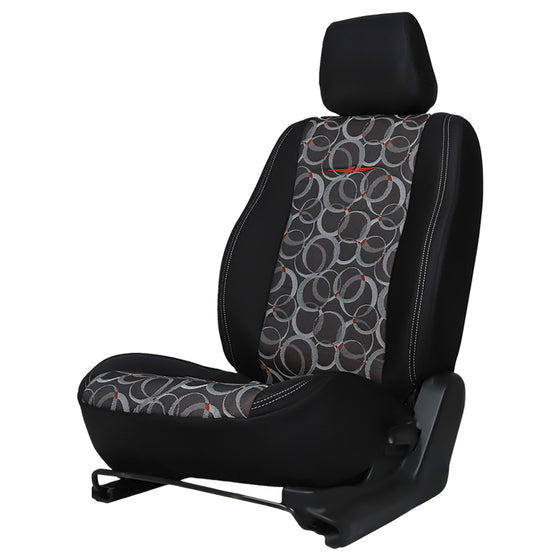
Yolo Fabric Car Seat Cover For Tata Curvv
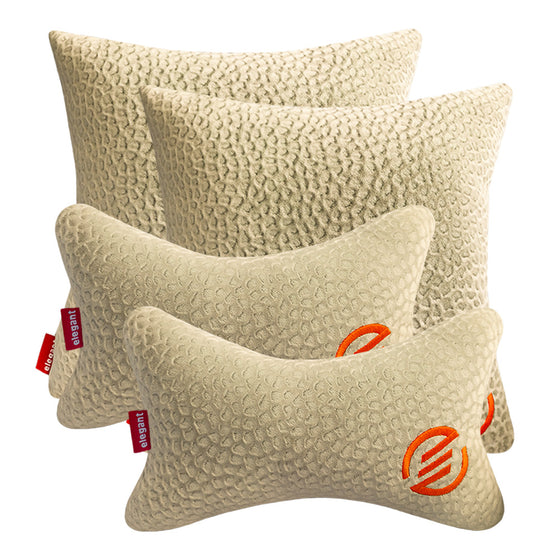
Elegant Comfy Velvet Cushion & Neck Rest Car Pillow CU12




